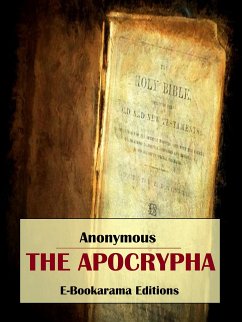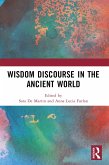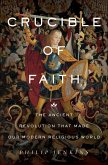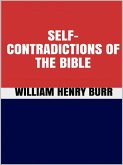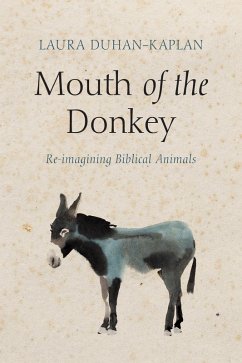"The Apocrypha" is the name given to a group of writings found in some versions of the Old Testament but not in others. These texts are usually included in Catholic bibles but not in Protestant ones. They were, however, included in Protestant versions until the second quarter of the nineteenth century.
When, in the year 382 A.D., Jerome was commissioned by the pope to make a new translation of the Scriptures, he went to Palestine rather than to Alexandria, Egypt, to obtain original copies. By doing so, he discovered fourteen books included in the Alexandrian, or Greek, version of the Old Testament that were missing in the Palestinian version. The question then arose concerning the status of these newly discovered books. The name Apocrypha, which means "hidden things," was given to these books because of the belief that the men who wrote them were not addressing their contemporaries but were writing for the benefit of future generations; the meaning of these books would be hidden until their interpretation would be disclosed at some future date by persons qualified to do so.
Hinweis: Dieser Artikel kann nur an eine deutsche Lieferadresse ausgeliefert werden.
When, in the year 382 A.D., Jerome was commissioned by the pope to make a new translation of the Scriptures, he went to Palestine rather than to Alexandria, Egypt, to obtain original copies. By doing so, he discovered fourteen books included in the Alexandrian, or Greek, version of the Old Testament that were missing in the Palestinian version. The question then arose concerning the status of these newly discovered books. The name Apocrypha, which means "hidden things," was given to these books because of the belief that the men who wrote them were not addressing their contemporaries but were writing for the benefit of future generations; the meaning of these books would be hidden until their interpretation would be disclosed at some future date by persons qualified to do so.
Hinweis: Dieser Artikel kann nur an eine deutsche Lieferadresse ausgeliefert werden.

